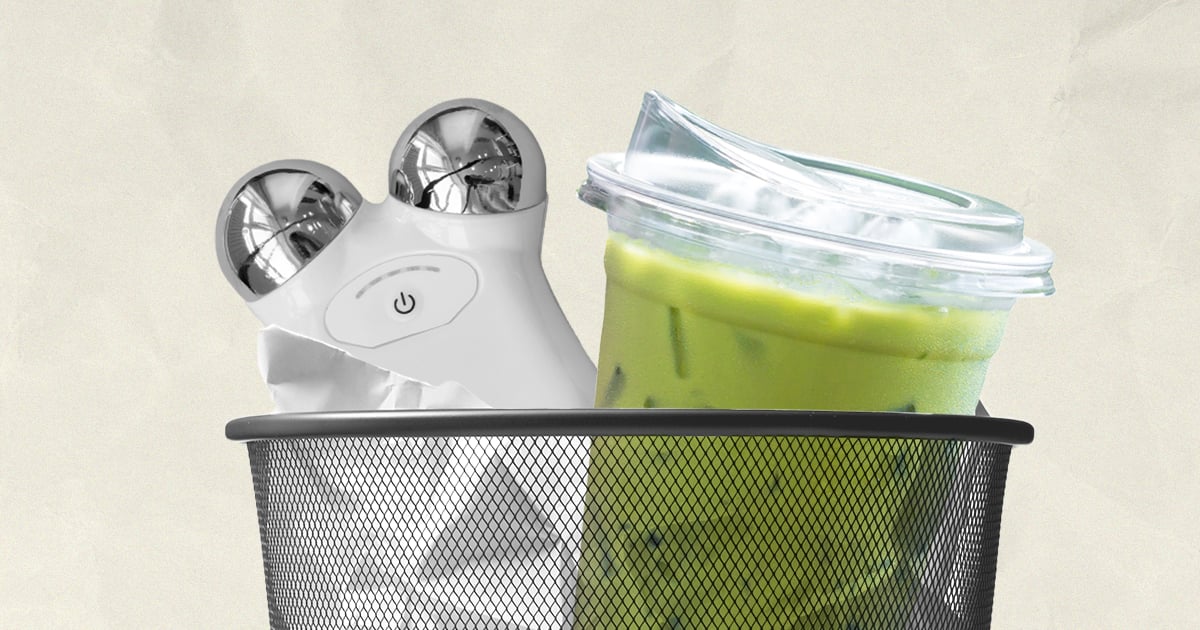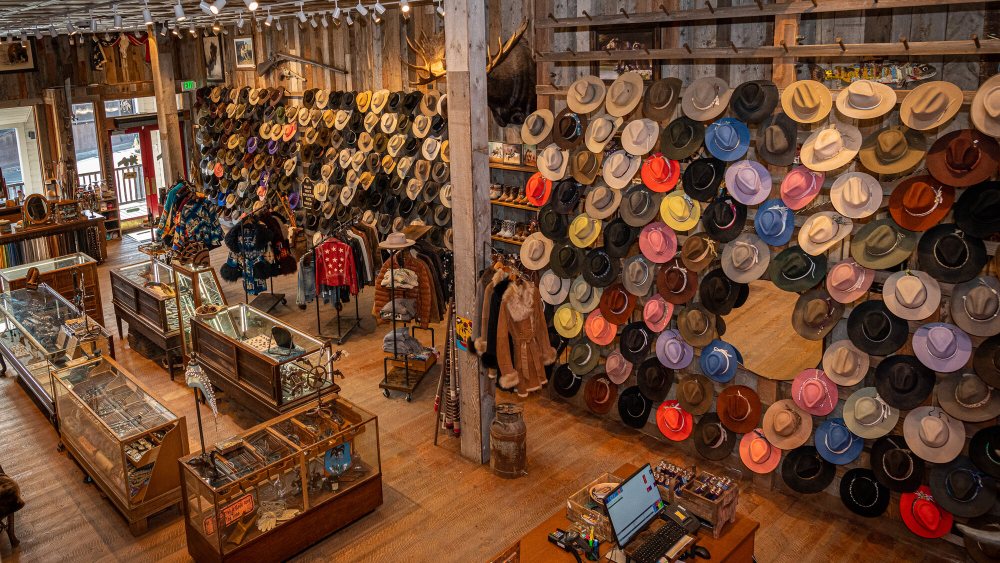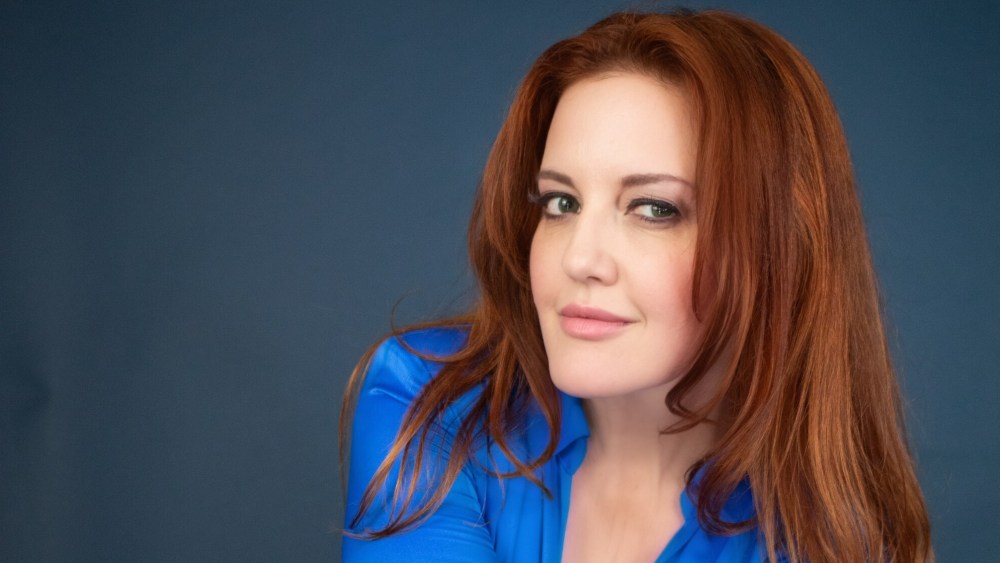I’ve always believed that wellness is more than expensive Pilates classes, $13 matcha lattes, or biweekly facials that cost more than your weekly grocery bill. Yet, that’s often the version we’re sold – curated, aesthetic, and frequently out of reach.
But why wouldn’t it be? The global wellness industry is valued at a staggering $6.3 trillion, making it no surprise that wellness is often portrayed as a commodity rather than a fundamental right.
We’re all feeling it, and the internet has taken notice: from viral #RecessionTok playlists (because who doesn’t need some “broke but still thriving” vibes?) to celebrities suddenly selling affordable skincare lines, the message is clear – the girls are nearing a recession. How can we meditate in silence when our phones keep pinging with bill due alerts interrupting the calm?
When I founded Transparent Black Girl– now one of the largest online wellness platforms for Black women, with a global reach of over 5 million – I set out to challenge the narrow, commodified version of wellness we’re so often sold. My goal was simple but powerful: to create a space where wellness is not a luxury, but a birthright – ancestral, accessible, and rooted in community.
As an African-American woman of Haliwa-Saponi and Gullah Geechee ancestry, I carry forward the rich cultural heritage and traditions passed down from my grandparents. Wellness in my family looked nothing like what we see on social media. It meant placing onions at the bottoms of our feet to draw out a cold. It was the sound of music spinning on record players as they danced in living rooms with plastic-lined furniture, joy humming through the air. Elders rocking new babies in their arms, passing down the rhythm of care for the next generation. It was sipping my mother’s healing soup when my nose started to run, and taking the cod liver oil she insisted on with love when my body needed cleansing. It was the Billy Blanks Tae Bo tapes my mom would do after a long day of work. It was remembering that I am the living, breathing result of my great-grandmother’s bedside prayers – prayers offered to the God who carried our family through everything.
Because no matter where your journey starts, you deserve to feel well. Not because you’ve earned it – but because you exist.
Wellness was also in the affirmations my mama armed me with before I stepped outside – words stitched with love and protection – knowing the world would question my intelligence, shame my body, and test the core of my worth. It was the elders telling me their stories, vulnerable and lived, about love, loss, and lessons – reminding me I deserved better when the time came to choose a partner.
Wellness, for me, lived in the cast iron skillets passed down through generations. In the hands that turned fried chicken so it wouldn’t burn, stirred okra and tomatoes, collard greens. In the holy oil rubbed on our heads during prayer. In the rituals of care – ancestral practices shaped by necessity, not indulgence. That truth deserves to be named. My wellness is in the long walks I’ve taken since my teenage years, headphones on – Beyoncé, Faith Evans, Stevie Wonder in my ears. A meditation in motion. A rhythm that reminded me of who I was, even when the world tried to make me forget.
This is the wellness that grounds me. It’s always been my home, the soil my healing is rooted in. My practices honor the reality that my ancestors never had access to the life I now live – let alone the wellness rituals considered standard today. The wellness industry has long been inaccessible, systematically excluding people based on race, socioeconomic class, size, and more. These barriers aren’t new – they’ve simply been repackaged, still leaving far too many of us on the outside looking in.
Right now, wellness as it’s being marketed, feels particularly out of reach for many. This year, layoffs have surged nationwide – over 3 million job cuts in 2025 so far – with Black women among the hardest hit last month alone. Inflation has driven everyday costs sky-high: rent, groceries, utilities. When you’re weighing credit-card bills against fresh produce, wellness experiences suddenly feel impossible to justify.
But whenever that feeling gets too heavy, I’d encourage us all to focus less on consumerism and more on connection. We need what shows like“Girlfriends,” “Sex and the City,” “Living Single,” and “Friends” gave us: a vision of people showing up for one another. Catching up on a couch after work. Cooking dinner with no special occasion. Talking through our lives with the comfort of being known. Not curated, overpriced catch-ups at trendy restaurants found on TikTok or waitlist-only Pilates studios – spaces that often leave our wallets empty and our hearts still hungry. That’s why Transparent Black Girl centers on communal wellness, not consumerism. Over the past five years, I’ve personally led and hosted:
- Walks and runs to lower stress hormones and build community with other women looking to heal, own their power, and ease into wellness.
- Community dinners where home-cooked meals and conversation nourish both body and soul, honoring our ancestral roots.
- Pop-up movement classes – yoga, dance, breathwork – in public parks, free in partnership with boutique wellness studios, or sliding-scale.
- Digital and physical healing circles offering journaling prompts, guided meditation, and peer support reminding us of the power of healing from intergenerational trauma.
- Transparent talks on “soft living” beyond expensive purchases and extravagant vacations in the midst of the soft-life era centering Black women.
Because wellness isn’t about exclusivity; it’s about belonging. If you can shop at a local grocer, know that “no” is a complete sentence, set a boundary, walk outside, or leave a toxic relationship, you’re already practicing wellness.
As recession-era pressures rise, it’s important to remember that wellness has never looked the same for everyone – nor should it. Whether you’re reconnecting with ancestral practices that have been passed down for generations, or you’re just beginning to define what healing looks like for yourself – you are still worthy of care, softness, and support.
You don’t need to have a lineage of rituals or an expert-level routine to begin. What you need is access, compassion, and community. Because no matter where your journey starts, you deserve to feel well. Not because you’ve earned it – but because you exist.
Wellness is not a luxury. It’s a birthright. And community is what will help you reclaim it.
Yasmine Jameelah is a seasoned wellness journalist, editor, and community builder, and the founder of Transparent Black Girl, a groundbreaking wellness platform that has reached over five million Black women worldwide. Her insightful work and leadership have been featured in The New York Times, Essence, Popsugar, Coveteur, and Oprah Daily.




